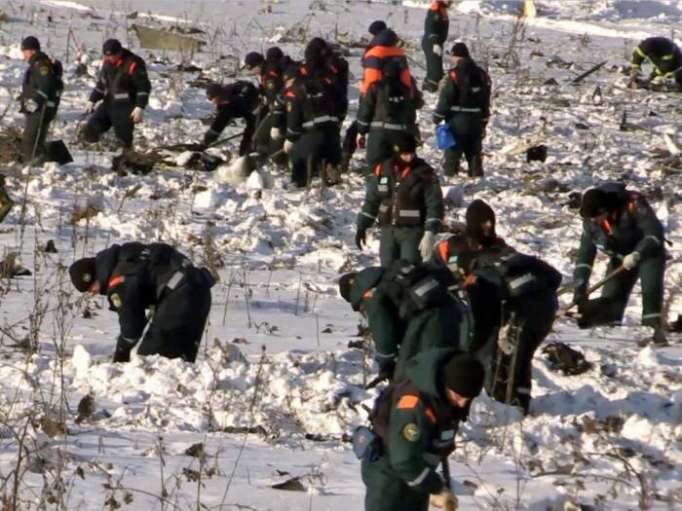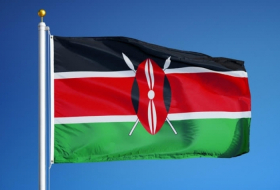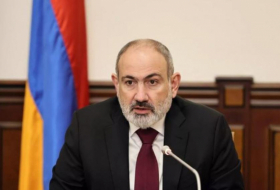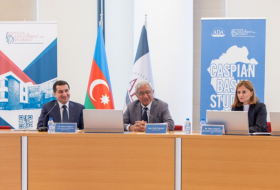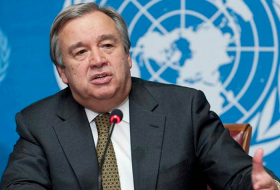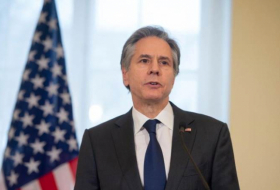In a statement released on Monday, Russia’s Investigative Committee said it had determined important details: the plane was intact as it fell; there was no evidence of a fire; and any explosion happened only after the plane began losing altitude.
This contradicted early claims made by local witnesses to The Independent, who suggested the plane fell apart while still in the air.
Emergency teams faced the most difficult of working conditions as they raked over the crash zone, 30 miles southeast of Moscow. Fragments of metal and body parts were buried deep in knee-high snow, and strewn over 30 hectares of fields and woodlands. The rescue workers have thrown everything at the task: snowmobiles, monster trucks, tractors and snow-melting equipment. But it is unlikely they will complete the job for many days.
By Monday evening, both black boxes had been recovered. Their contents were being analysed alongside fuel samples, maintenance records and other readings.
Information already in the public domain raises more questions than answers. According to radar data provided by FlightRadar24, the plane initially gained altitude as normal. Around 1900m above ground, and at a speed of approximately 370mph, something happened. The plane began to fall. It appeared to steady itself, before falling once again. Flight 703 disappeared from radar screens just a few minutes after take-off.
Local media say engine failure, instrument failure, pilot error and ice are considered the most likely cause of the crash. In all cases, they refer to unnamed sources “close to the investigation”.
Several reports suggested the pilot had decided against deicing the plane before take-off. In conditions of light snow, such an operation is not obligatory, but it may have contributed to aerodynamic problems. Non-icing is believed to have caused another crash in 2012, when UTair Flight 120 fell 10 miles after take-off from the Siberian city of Tyumen. Then, only 12 of the 43 people on board survived.
Some of the first versions of the crash have already been rejected. We now know for sure that the pilots neither reported technical problems nor requested an emergency landing – this is clear from air traffic recordings released on the Mash Telegram channel on Sunday night.
We also know that another early report of collision with a postal helicopter is off the mark. Officials in the Emergency Ministry told the Kommersant daily newspaper that no fragments from other aircraft had been found at the site.
Authorities have not yet ruled out terrorism, but unnamed government sources are playing down such a possibility in the Russian press. In the well-regarded RBC news site, an “official close to the investigation” claimed that the plane engines “continued to work right until impact”, and the plane crashed “with a full petrol tank”. Both are inconsistent with an explosion on board.
Regional Russian airlines are known to push safety regulations to their limits. But the airline in question, Russia’s 19th largest, had a largely unremarkable safety record by local standards.
The aircraft, Ukrainian-designed, Russian-built Antonov 148, was fairly new, and considered safe, according to aviation specialist Vadim Lukashevich. The model had no major incident outside of testing, he said, and was even included in the presidential fleet. That said, previous operators have complained about the aircraft's technical reliability.
Saratov Airlines have temporarily grounded all five remaining An-148 craft from its fleet.
It is unclear what the future holds for the airline. Local government in Orenburg, the destination for Sunday’s flight, have already handed the Moscow-Orsk route to another provider. Investigators are only beginning their inquiry into negligence against the company.
Spokesman Dmitry Peskov said that President Putin had decided to cancel a regional trip, and was receiving regular updates from the investigation.
The Independent








